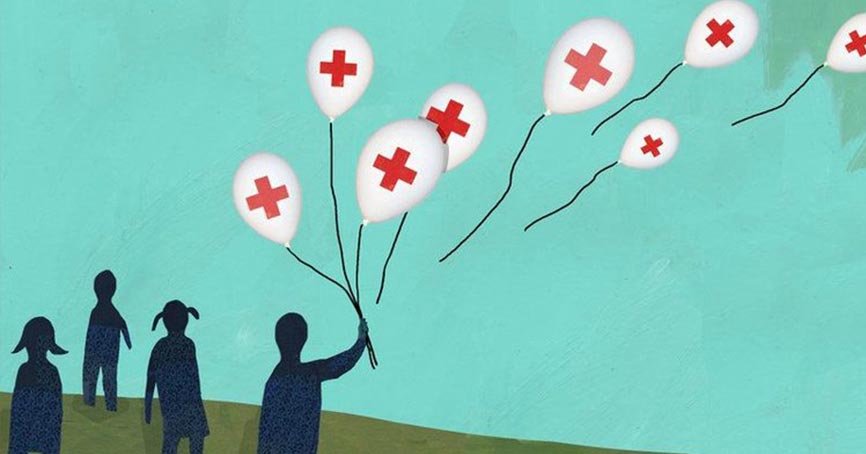Congenital heart disease is also known as a congenital heart defect is an abnormality of the heart that is present at birth. The problem affects the areas, including the heart walls, heart valves, and blood vessels. The congenital heart disease can be of various types, ranging from simple no-symptom problems to complex and severe problems with life-threatening symptoms.
There are a number of adults and children suffering from this disease all over the world and usually, the survival rate is exceptionally good if taken care in time. Over the years, the treatments and follow-up for defects have improved to a great extent ensuring a good quality of life for those affected.
Why does it happen?
The obvious cause of congenital heart disease is not identifiable in most cases, however, some of the other conditions may increase the risk of being diagnosed with the disease. Some of the known conditions that have an effect are-
- Down’s Syndrome- A genetic disorder, Down’s syndrome affects the baby’s normal development physically which in turn, leads to difficulty in learning.
- Infections during pregnancy like rubella
- Poorly controlled type 1 or type 2 diabetes in the mother during pregnancy
- Chromosome defects, where the alteration in genes is present from birth
The congenital heart disease can be diagnosed even before the baby is born during the usual pregnancy checkups. The doctor may come to know about any such defects through the ultrasound scan during pregnancy.
What are the causes behind the Congenital Heart Disease?
The congenital heart disease is mostly seen due to the early development in the heart’s structure, interfering with the normal blood flow through the heart, affecting breathing. While the exact reason is not known, some causes known are-
- The heart defect may run in the family and may be transferred from the mother to the child.
- Consumption of prescription drugs during pregnancy
- Alcohol or illegal drug consumption during pregnancy
- Viral Infection during the first trimester of pregnancy
Signs and Symptoms of Congenital Heart Disease
While many congenital heart diseases may not have any symptoms, a few others may have far too many including-
- A rapid heartbeat
- Excessive Sweating
- Rapid Breathing
- Extreme tiredness and fatigue
- Cyanosis- A blue coloured tinge to the skin
- Fatigue, tiredness and rapid breathing during feeding
- Poor blood circulation
- Delayed Growth
- Chest Pain
- Low Birth Weight
- Abnormal Heart Rhythms
While some problems may be noticeable as soon as right after birth, mild defects may not show any signs and symptoms until quite later in life.
Treatment for congenital heart disease
The treatment for the disease mostly depends on the type of defect. If there is a mild defect, it does not need any treatment as they may improve over time without causing any further problems.
However, if the defect is significant and causing problems, surgery or interventional procedures may be performed. With the advancement of technology, most children with the disease survive into adulthood.
In certain cases, a patient diagnosed with the disease may need treatment throughout their life to ensure the patient does not develop any other complex heart problems.
Some of the treatment options that people with congenital heart disease may consider include-
- Medications to prevent blood clot formation and irregular heartbeat
- Implantable Heart Devices like pacemakers and implantable cardioverter defibrillators
- Heart catheterization procedures without opening the heart
- Open-Heart surgery if the procedures are unable to repair the defects
- A heart transplant in rare cases where the defect is too complex to fix.

 Jun 01, 2019
Jun 01, 2019
 May 30, 2018
May 30, 2018 May 10, 2018
May 10, 2018 May 17, 2018
May 17, 2018